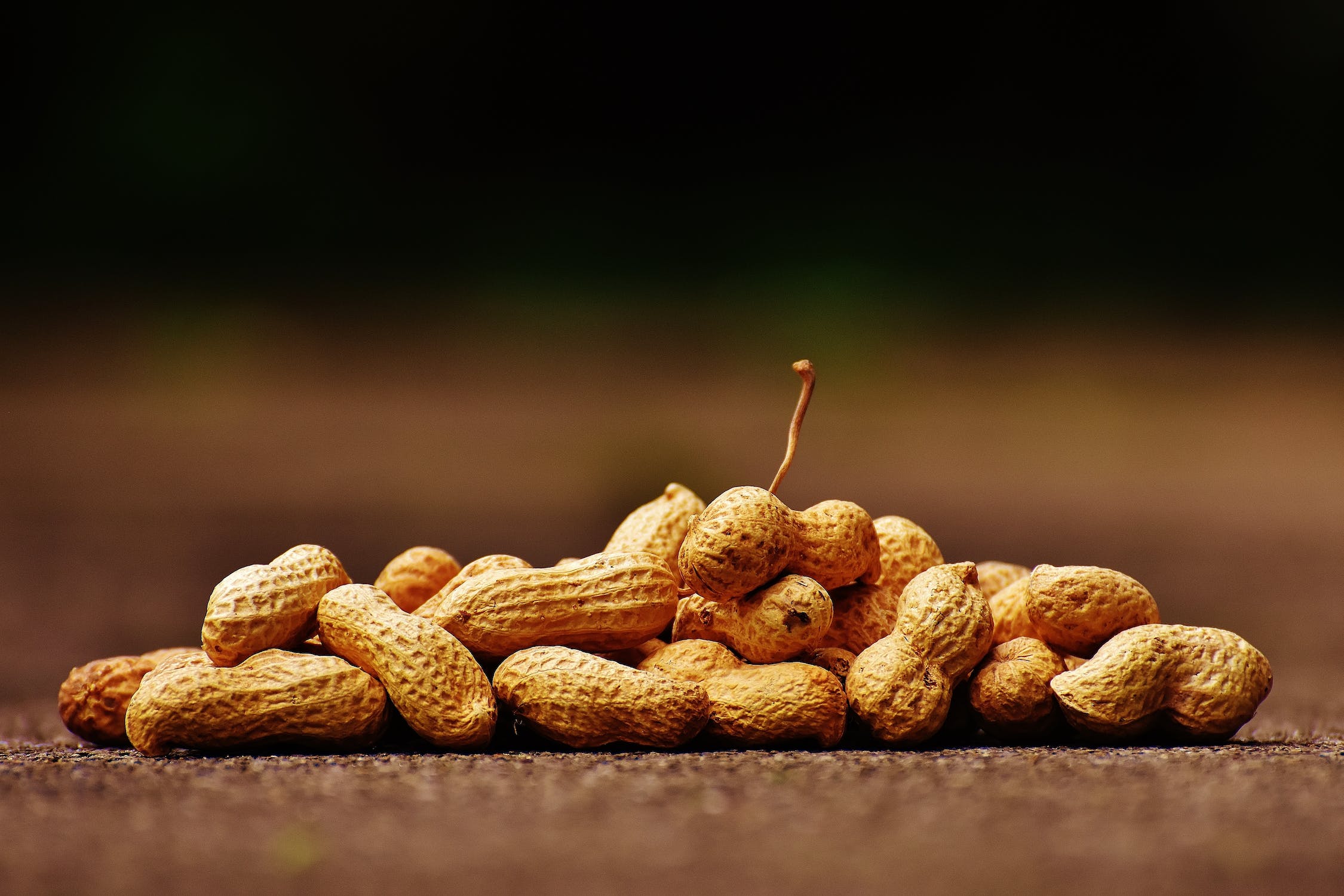Kids and Allergies: A Breakthrough Discovery That Challenges Everything
The Allergy Epidemic: A Breakthrough Discovery That Challenges Everything You Thought You Knew About Kids and Allergies!
Parents, have you ever wondered why so many children today suffer from allergies? It’s a question that plagues millions of families around the world. But what if we told you that there’s a groundbreaking discovery from the University of British Columbia that might just have the answer?
Prepare to rethink everything you thought you knew about childhood allergies because we’re about to dive into a world where tiny gut bacteria hold the key to preventing allergies in your little ones!
Kids and Allergies
What if your child’s allergies weren’t just random but actually linked to something as simple as their gut bacteria? Is it possible that we’ve been overlooking a crucial factor in our children’s health all this time? Could the secret to protecting your child from allergies be hiding in their own microbiome?

Unlocking the Mystery: The Surprising Link Between Your Child’s Allergies and Their Gut Microbiome!
In a revolutionary study that could change the way we approach childhood allergies, researchers from the University of BC and British Columbia Children’s Hospital have unveiled a groundbreaking link between the community of bacteria living in our children’s guts and the development of four common allergies: eczema, asthma, food allergies, and hay fever. The implications of this discovery are nothing short of game-changing.
For the first time, researchers decided to tackle four distinct school-aged paediatric allergies simultaneously. While these allergies might seem unrelated on the surface, when examined at a cellular level, they revealed a shocking commonality. The key, it seems, lies in the infant gut microbiota composition.
This eye-opening study tracked 1,115 children from birth to age five. Astonishingly, more than half of these children were diagnosed with one or more allergic disorders by expert physicians. The researchers delved deep into the children’s microbiomes by analysing stool samples collected at three months and one year of age.
Within these stool samples, a bacterial signature emerged—a signature associated with the development of any of the four allergies by the age of five. This signature represents a compromised intestinal lining and an elevated inflammatory response within the gut, stemming from an imbalanced gut microbiota.
Could Your Child’s Allergies Be Linked to Their Tiny Gut Bacteria? New Research Offers Hope and Prevention!
Multiple factors shape the infant’s gut microbiota, including diet, birth method, geographic location, and exposure to antibiotics. Antibiotics, for instance, can disrupt sensitive bacteria, while breastfeeding replenishes and nourishes infant gut bacteria.
The researchers discovered that factors such as early antibiotic use increased the likelihood of later allergic disorders while breastfeeding for the first six months acted as a protective shield.
The implications of this research are profound. By understanding how these tiny gut bacteria influence allergies, we may be on the verge of groundbreaking prevention methods. Imagine a world where we can correct imbalanced gut microbiota and prevent allergies from taking hold in childhood, often lasting a lifetime.
Parents, the allergy epidemic that affects so many of our children might soon meet its match. The secret to protecting our little ones from a lifetime of allergies could be within reach, all thanks to the incredible research from the University of British Columbia.
It’s time to rethink our parenting strategies and take a closer look at the world of gut bacteria—a world that may hold the key to a healthier, allergy-free future for our kids.
For more great articles and events see the Parent Newsroom.
Leave a Reply